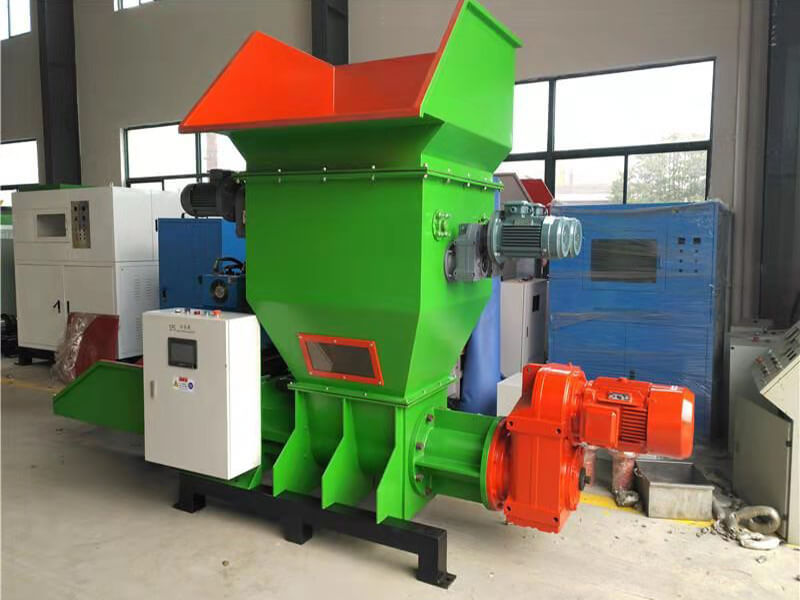Visit us
Sanxing Industrial Zone, Jinfeng Town, Zhangjiagang City.
With the development of the economy, foam waste can be seen everywhere in our life. Due to the large volume and light weight of polystyrene foam, the high cost of personal recovery and the lack of investment in recycling equipment, the recovery rate of foam has not been popularized in China. In fact, if many industries invest in a foam recycling machine, they will not only greatly reduce the cost of environmental pollution treatment, but also produce more products. Generate additional economic value.
The waste generated by foam producers is usually leftover bits and pieces of dust produced by cutting.
In addition, manufacturers will collect EPS waste from their customers.
But these foam leftovers and scraps occupy a lot of space and cause dust to fly. In addition, EPS is inflammable and explosive, and has great safety hazards for factories. Many manufacturers / cutting chambers use crushers to process these wastes, and then sell them to the construction industry.
But selling EPS crushed materials is seasonal, according to the market demand is divided into the off-season peak season.
The volume reduction effect of smashed foam is only 3:1, so in the low sales season of smashed materials, these wastes will cause great distress to manufacturers and cutting agents, and space storage!
The reclaimer's sources of materials are complex, including industrial sources and living sources.
In general, plastics are used as recyclers of paper. When they are collected, they will receive some foam waste at the same time.
The foam waste that needs to be faced in the recycling yard may have relatively clean foam plastic industrial packaging, smelly fish boxes, fruit and vegetable boxes, concrete EPS buildings, and even dirty agricultural seed boxes with sand and soil.
Because of the confusion of these wastes and the diversity of these materials, a more professional foam recovery plan is needed.
For recyclers, packaging and professional processing can be sold, but the value of materials is 10 times different.
For the recycler, the stronger the professional ability and the wider the business scope, the more contracts can be negotiated and more materials can be received
Having the ability to deal with foam wastes professionally, it can help recyclers to talk about more customers and get more materials, which will be more helpful to the existing main business.
Foam boxes, its powerful food preservation capabilities, and transport protection capabilities are widely used in the fish business, and these boxes are disposable because of food safety considerations.
So the fish market / fish processing plant will produce a lot of waste fish boxes every day. For them, the boxes take up space and smell fishy. It's a big waste disposal fee to find a recycler. And the recycler can't take away these boxes every day. So the waste of fish boxes is a headache for them.
As a packaging material, polystyrene foam has played a very good protective role in the transportation process.
In the logistics industry, especially for the storage and distribution service of home appliance furniture, there will be a lot of packaging materials waste in the process of distribution and installation for customers, and a large number of EPS packaging materials account for a large proportion.
Because of the characteristics of EPS, the transportation cost of this material is very expensive. Not all recyclers are willing and able to deal with this material. If the recycling company does not pull away in time, the accumulation of these wastes will bring a very troublesome space problem to the logistics warehouse.

The FAMOUS MACHINERY COMPANY recycling equipment aims at providing the best foam volume reduction scheme for the industry, and processing the compressed foam block to purchase at high price for two processing.
The foam recycling business not only greatly reduces environmental pollution, but also has a profound and positive impact on the foam recovery industry.